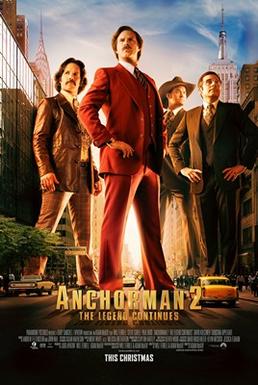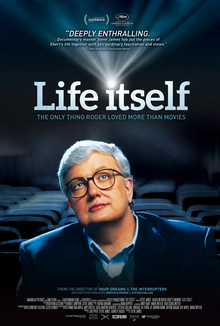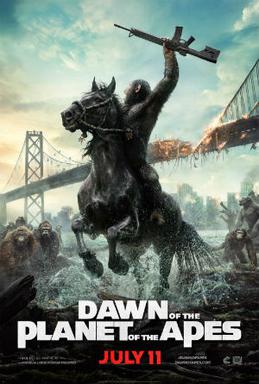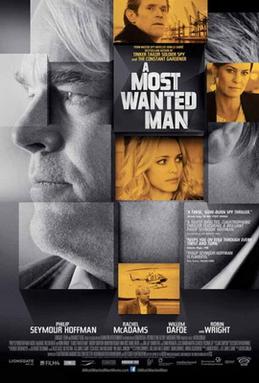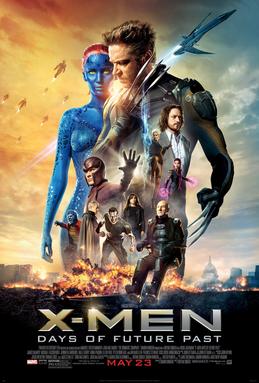The "Frat Pack" was a term coined by USA Today in 2004 to label the movies that were being made at the time that featured actors Jack Black, Ben Stiller, Will Ferrell, Vince Vaughn, Owen Wilson, and Luke Wilson. Steve Carrell was added to the pack later on, but I never really considered him part of it and he hasn't really appeared in many Frat Pack movies outside of Anchorman. So, we're really talking about the first six actors.
The first big frat pack movie, the movie where I think it officially birthed the frat pack, would be "Zoolander." Ben Stiller, Will Ferrell, and Owen Wilson starred in it and Vince Vaughn had a cameo appearance. That was the first time at least four Frat Pack actors appeared in the same movie together, it was the first time where they seemed like a "unit." Before that, some of the actors had appeared in movies together, but never more than three at a time (and usually just two at a time). But, if you wanna be a stickler, I'd consider 1996's "Cable Guy" to be a proto-Frat Pack movie. Ben Stiller directed and had a small role, Jack Black and Owen Wilson also had small roles, but none of them acted in a scene together or anything.
But after "Zoolander," the Frat Pack movement was in full swing. Owen, Luke, and Ben Stiller would appear in Wes Anderson's "The Royal Tenenbaums" later that year. Then, two years later, "Old School" came out and was the first big frat pack hit. In that case, Will Ferrell, Vince Vaughn, and Luke Wilson had starring roles. The movie officially jumpstarted Will Ferrell's movie career, it resurrected Vince Vaughn's, and Luke Wilson got a chance to show that he can lead a movie.
"Starsky & Hutch," directed by Todd Phillips (who also helmed "Old School") once again featured four Frat Packers and was the first frat pack movie to earn over $100 million. Later that year, we had a Frat Pack explosion. "Anchorman" was released in the summer of 2004, was financially successful and featured FIVE Frat Packers (six, if you include Carrell). Jack Black, Ben Stiller, Vince Vaughn, and Luke Wilson all essentially had cameos and it was the first of the movies that cheekily, if not subconsciously acknowledged, that the frat pack existed.
But "Wedding Crashers," which came out the following year, really showcased the power of the Frat Pack. Vince Vaughn and Owen Wilson starred, Will Ferrell had a cameo, and the movie brought in a whopping $285 million worldwide. You would think that movie would suggest that the pack would be here to stay, but in actuality, it proved to be the peak of the Frat Pack's viability. After "Crashers," we'd only really see two Frat Packers in a movie together for the next couple of years. "Night at the Museum" and the "Meet the Parents" franchises both featured Ben Stiller and Owen Wilson in lead roles, Jack Black and Ben Stiller both starred in 2008's "Tropic Thunder" (which Stiller directed), other than those movies, Ben Stiller produced "Blades of Glory" which starred Ferrell and featured Luke Wilson.

In my opinion, I think there was a big missed opportunity here. Owen Wilson and Vince Vaughn have not experienced the same type of box office success since "Wedding Crashers" and, as a matter of fact, their careers seem to be on the decline. And the Frat Pack, in general, seemed to be on decline when Ben Stiller and Vince Vaughn starred in the horrendous flop that was 2012's "The Watch." Ben Stiller has managed to star in a few box office hits these past few years, but the Wilsons as well as Vince Vaughn can't buy a hit.
The last attempt to make a Frat Pack movie, before "Anchorman 2", was last year's "The Internship." Like "The Watch," "The Internship" was a box office flop as well and received lackluster reviews. "The Internship" was the first movie in 8 years to feature three Frat Packers and I think by then, they missed the boat. Maybe if "The Internship" came out in 2007, people would've been more excited about it. But by 2013? Everyone was getting kinda sick of Vince Vaughn being Vince Vaughn. Later proven with Vaughn's very next film "Delivery Man," which was about as successful as "The Internship."
"Anchorman 2" only featured 2 Frat Packers (Will Ferrell and Vince Vaughn) and I think that's significant. Why wouldn't the Wilsons, Jack Black, or Ben Stiller come back for the sequel? What's the deal with that? Busy schedules? Or were they even called? While a "Zoolander 2" movie has been rumored for the past year or so, there's no concrete plans for another big Frat Pack movie in the future. Nowadays, it's the Apatow gang that's getting all the glory. "This is the End" was directed by Seth Rogen and starred pretty much every actor who's ever appeared in an Apatow movie from the previous eight years. This year, Rogen's "Neighbors" and Jonah Hill's "22 Jump Street" are getting the type of box office numbers Vince Vaughn and Jack Black could only dream about getting nowadays.
So unless Black, Stiller, Ferrell, Vaughn, and the Wilsons all decide to get the pack back together again, it really seems like the Frat Pack days are over. But you know what? At least they went out with a hit. "Anchorman 2" grossed over $150 million and was a huge hit last Christmas. And at least we still have "Zoolander," "Old School," "Anchorman," "Starsky & Hutch," and "Wedding Crashers" to enjoy, and we can reminisce about the days when these guys were at the top of the box office mountain. It's probably better to keep the Frat Pack in the past before we get another disaster like "The Watch" or just a forgettable box office flop like "The Internship." Knowing how bad those movies were, I can accept "Anchorman 2" as being the final frat pack movie.
Let me know if you feel the same. And yes, I said "frat pack" way too many times in this essay. Frat Pack. Frat Pack. FRAT PACK!
